The toll of four days of riots across Türkiye was summed up as 123 injured police officers and the detention of 1,133 suspects, Interior Minister Ali Yerlikaya announced on Monday.
Yerlikaya said illegal demonstrations between March 19 and 23 also involved attacks on public property and endangered public safety.
The main opposition, the Republican People’s Party (CHP), urged “everyone” to take to the streets after the detention and subsequent arrest of its mayor for Istanbul, Ekrem Imamoğlu, on March 19 and March 23, respectively, on charges of corruption. The government criticized the call, but in a short time, CHP supporters were joined by marginal, extremist groups affiliated with terrorist groups on the streets, confronting riot police and violating the ban on gatherings and assembly. Some groups that were also present in the notorious Gezi Park riots of 2013 regularly attended CHP rallies in Saraçhane, where the Istanbul municipality building is located, and were seen attacking police officers seeking to disperse unauthorized rallies.
Yerlikaya said public gatherings were a constitutional right if they were authorized, but “certain circles” sought to abuse this right and disrupt public order. The minister said in a social media statement that authorities seized several items ranging from acid and Molotov cocktails to axes and knives in possession of rioters. Yerlikaya on Sunday shared a photo of a burnt police uniform after an acid attack by rioters.
The minister noted that among those detained were people affiliated with 12 different terrorist groups, and some already had criminal records ranging from drug possession and theft to sexual abuse. Yerlikaya urged those instigating the riots to abstain from using “our youth, our nation, as a shield to their own political interests.”
Ömer Çelik, deputy chair and spokesperson of the ruling Justice and Development Party (AK Party), criticized the CHP over the riots, echoing President Recep Tayyip Erdoğan’s earlier remarks. Çelik said in a social media post on Monday that the opposition party resorted to a “primitive, marginal” political rhetoric. “The CHP administration did not respond to (corruption) allegations openly. Now, they are trying to cover up their own political shortcomings and irresponsible attitudes by inviting the youth to the streets. They exploit their democratic right of protest to suppress their own infighting,” Çelik said.
Vandalized mosque
Rioters also drew the public ire for alleged damage to Şehzadebaşı, a mosque dating back to the era of Suleiman The Magnificent of the Ottoman Empire. Footage circulating on social media showed rioters hanging out in the courtyard of the mosque, with some sitting on the outer walls and having alcoholic drinks.
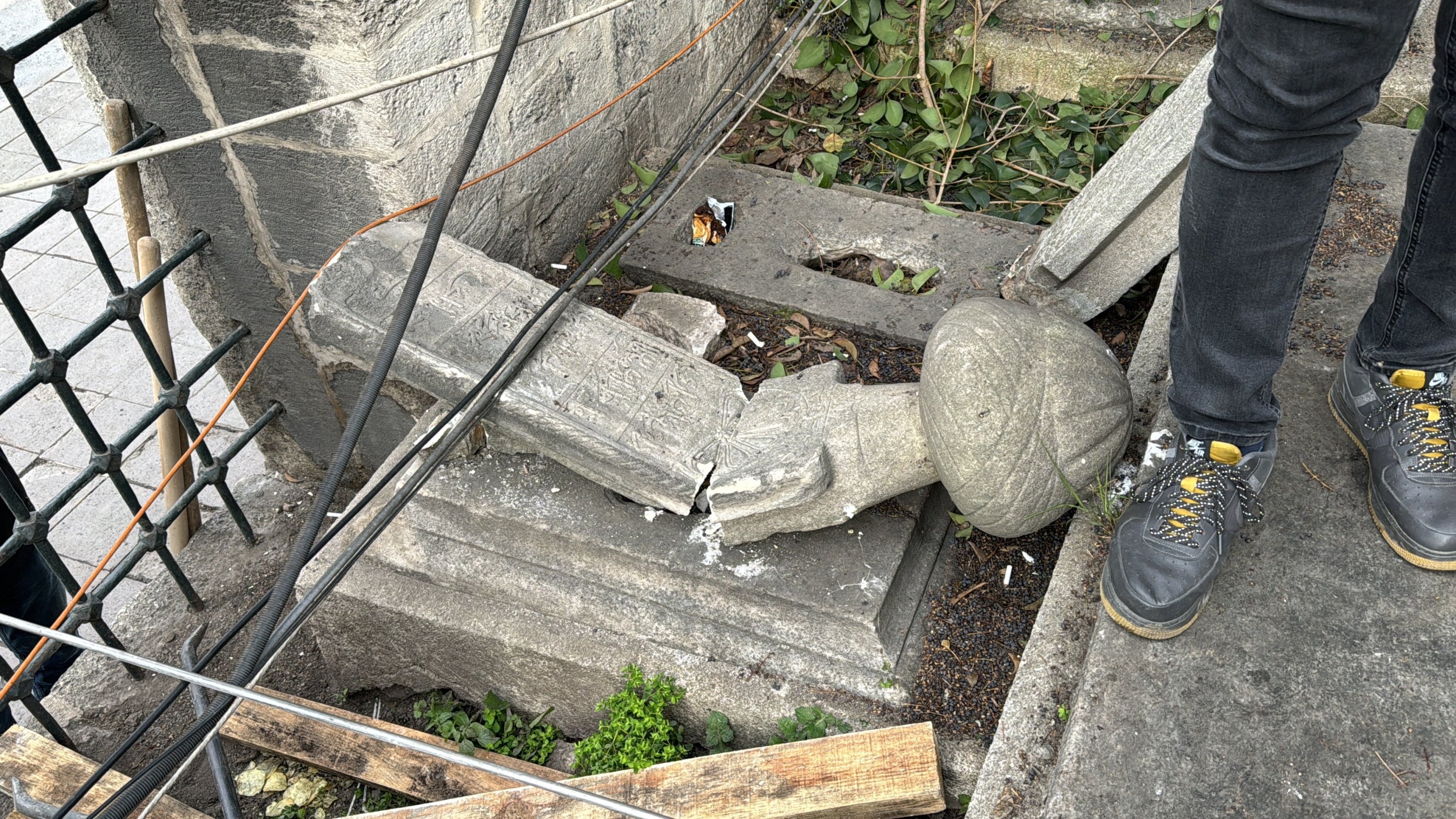
Social media users blasted them for desecrating a sacred site while it was revealed on Monday morning that rioters damaged Ottoman-era graves in the courtyard of the mosque. The Istanbul governor and police chief examined the site on Monday, inspecting toppled gravestones and marble slabs holding a grave that broke down. Governor Davut Gül said in a statement that it was an “obvious provocation aimed at values held sacred by the nation.”


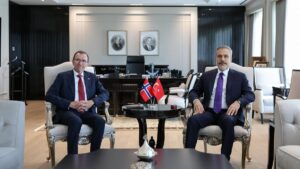
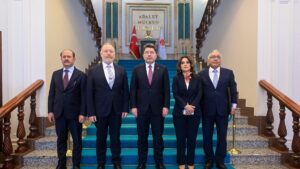

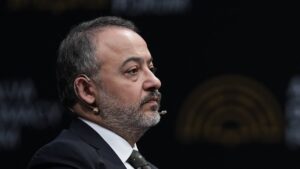
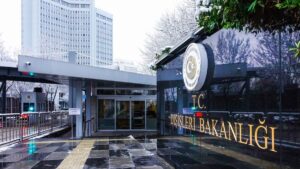
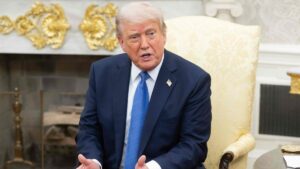
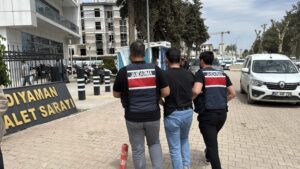
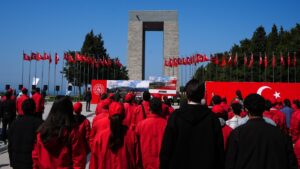

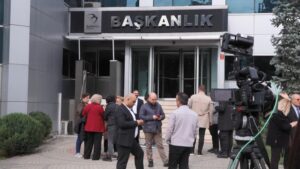
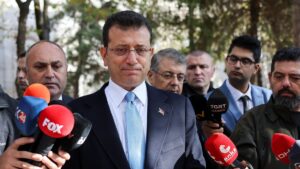
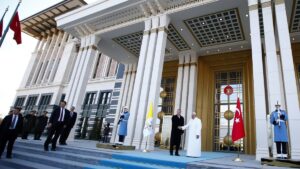
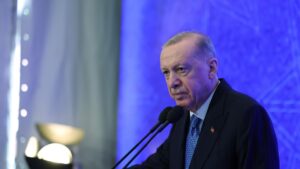
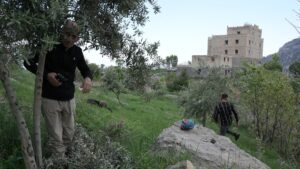
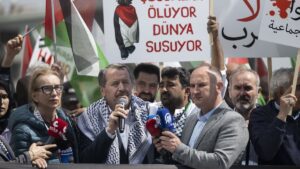
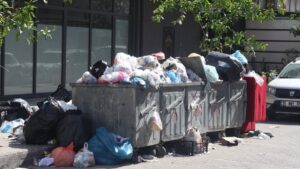
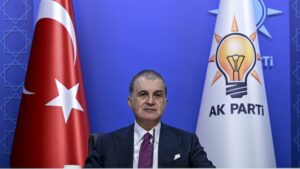
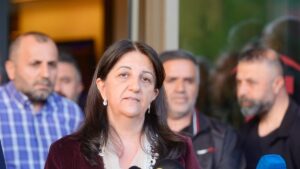

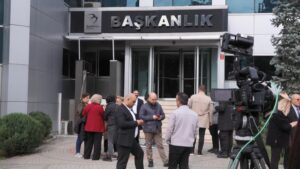
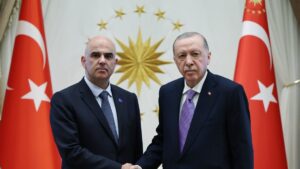

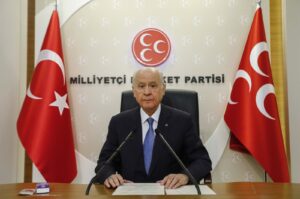
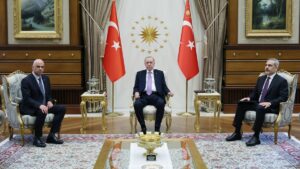
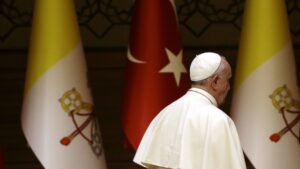
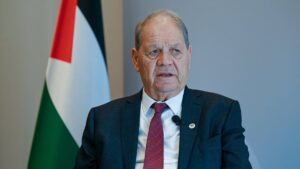
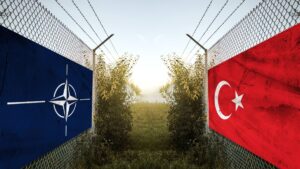
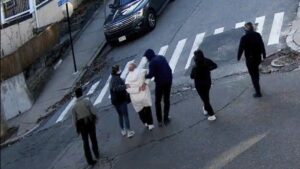
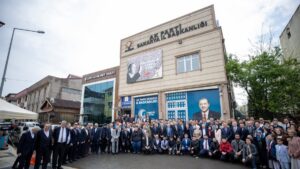

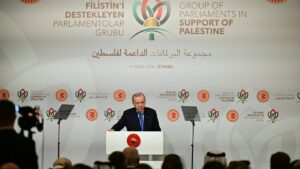
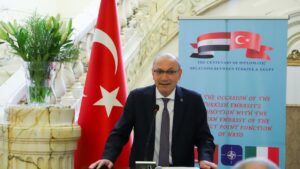
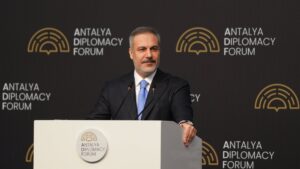

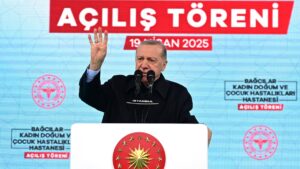
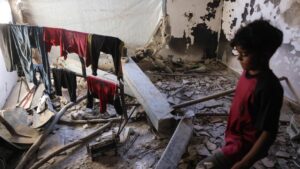
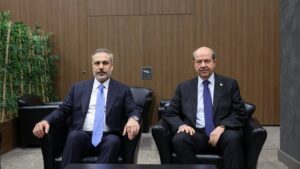
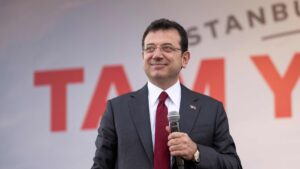

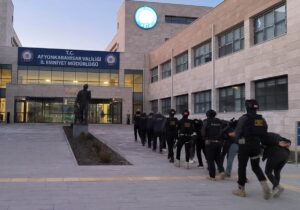
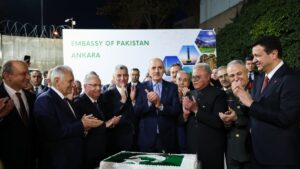
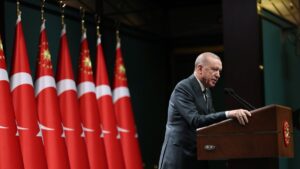

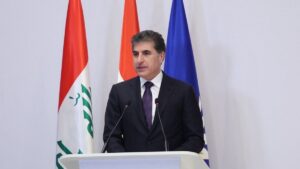

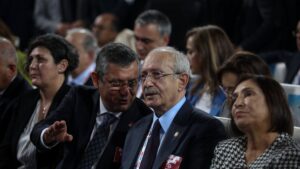
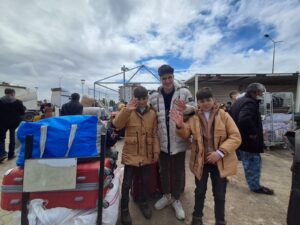
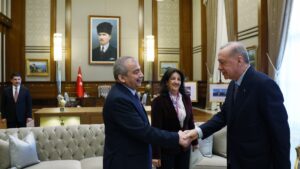
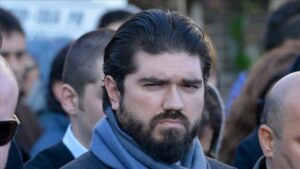
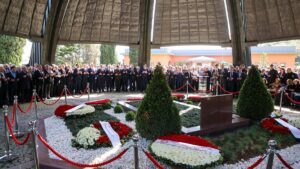
Be First to Comment